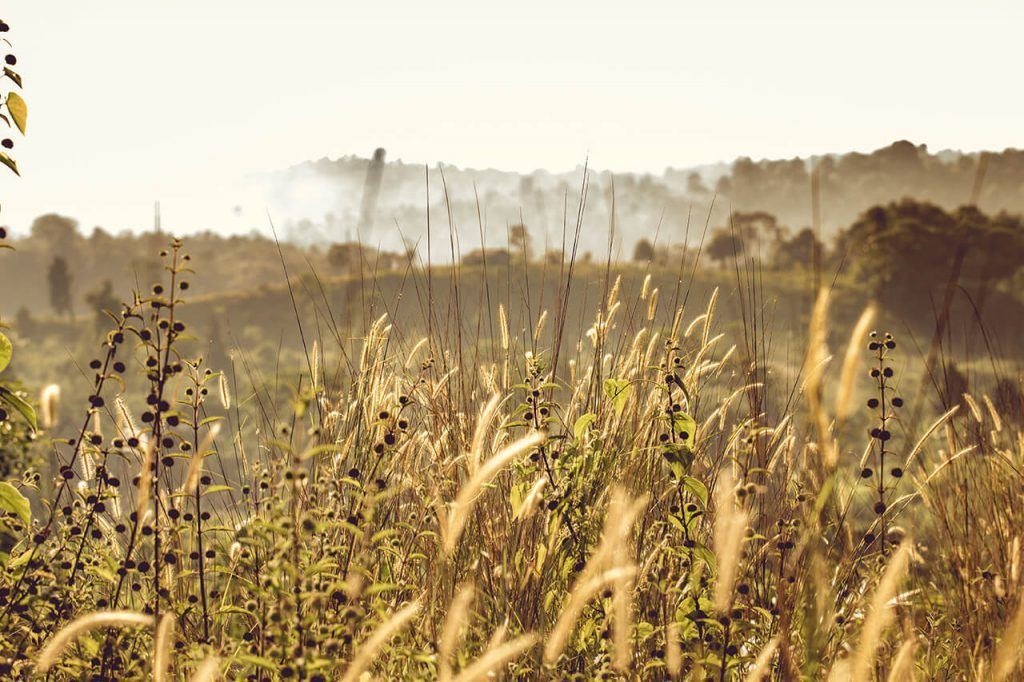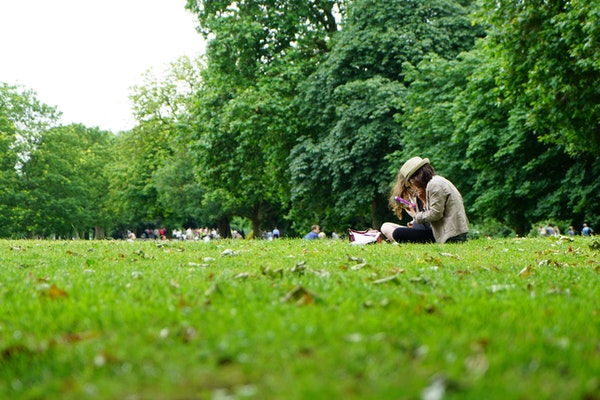Creating thriving green spaces in a town or city is an incredibly effective way for public entities to ensure a strong sense of local pride.
However, for these spaces to flourish, an efficient maintenance system needs to be in place. Weeds are an inevitable part of green space preservation, making weed-killers necessary.
Keep reading to find out more about how herbicide-free methods of weed control have a positive impact on the local biodiversity.
Do herbicide-free alternatives affect biodiversity?
Biodiversity is of vital importance to our ecosystem, as species diversity means a natural sustainability for all forms of life. Today we see a wave of a new passionate, eco-friendly generation, which means that it is now essential for towns and councils to recognise that change is necessary, and protection of biodiversity needs to be a priority.
Herbicides are unfortunately partially responsible for biodiversity loss across the world, essentially reducing food sources for birds, insects and mammals. This is because their effects change the vegetation structure so that it’s no longer possible for some species to survive in the affected habitat. Options which halt biodiversity loss must be introduced.
Herbicide-free alternatives target only the weeds, with biodegradable ingredients to ensure that no damage is caused to the surrounding habitat, or the species which reside within. Foamstream is comprised of a blend of natural plant oils and sugars, and is officially listed as an organic, safe and non-toxic product across the globe, making it suitable for unrestricted use around:
- People
- Animals of all species
- Delicate ecosystems
- Waterways
By switching to a herbicide-free alternative, you are prioritising biodiversity, which will transform the area for the better. Biodiversity is used as a means to measure the health of an ecosystem, as it is an active contributing factor to water and air pollution levels. When you use a herbicide-free alternative, you can be safe in the knowledge that it won’t disrupt the surrounding habitat.
Using glyphosate as a method of weed control
A common chemical used in weed-killers isglyphosate, a type of herbicide. Over the last couple of years, there’s been a considerable shift in public perception over the safety of these chemicals in public spaces. This debate has sparked a movement towards herbicide-free alternatives, bringing with it the expectations for towns and councils to make the change to moresustainable and eco-friendly options. These herbicide-free alternatives, such as Foamstream, prove incredibly cost-efficient and effective.
Find out more about Foamstream.
Why is there a need for change?
The science surrounding the debate regarding the safety of herbicides has shown a mix of findings to both human and environmental well-being. Although the negative impacts on human health are still widely disputed, the damaging effects that glyphosate has on the environment and our ecosystem is often debated by scientists and researchers around the globe.
Despite being a targeted method of weed-control, organisms that are indirectly affected by glyphosate are:
- Water systems - rain washes the glyphosate used in rural and urban areas into groundwater, streams, rivers and coastal waters
- Habitats - spray that has been blown by wind into field habitats next to a treated area
- Animals - eating the crops that have been treated by these products
Herbicide-free alternatives provide an environmentally friendly and safe alternative to using glyphosate. The movement away from glyphosate has also seen the use of pesticides being banned, including in Germany, France and Italy, with many UK towns and cities already making the switch. Towns and councils such as Hammersmith & Fulham, Bristol, Manchester, and more. Head over to ouralternatives to glyphosate page to see the full list.
What are the alternatives?
Herbicide-free alternatives are incredibly effective.Foamstream uses heat from hot water along with a natural foam insulator, to rid areas of unwanted weeds without harming surrounding plants, animals or habitat. A biodegradable product, this truly does mark the future of green space maintenance.
Make the change
Make the change to herbicide-free green spaces, for an area that proudly holds clearer air, cleaner water, and a thriving, biodiverse habitat. Contact us today to get started.




